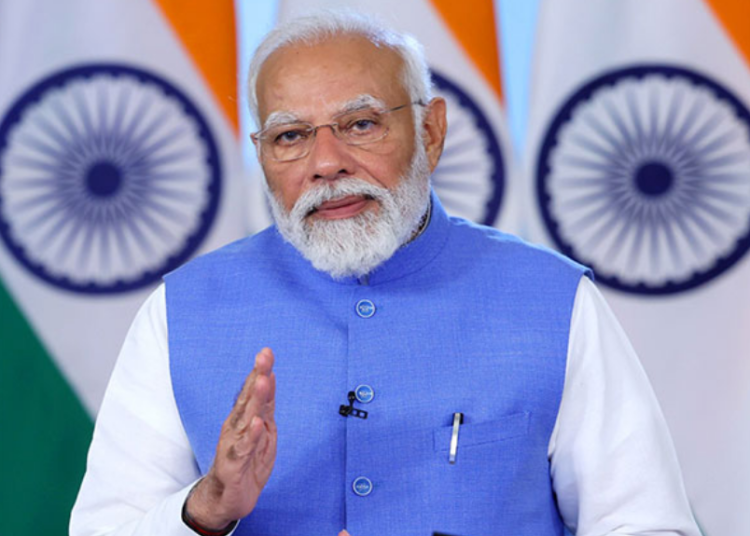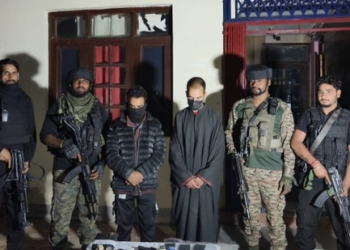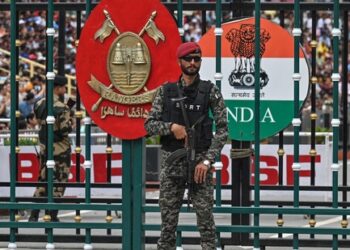Prime Minister Narendra Modi has spoken out against what he termed as the “vintage Congress culture” of browbeating and bullying, in response to a recent letter by a group of lawyers to the Chief Justice of India (CJI). The Prime Minister’s remarks come amidst growing controversy over the letter, which has sparked debate regarding the independence of the judiciary.
In his statement, PM Modi condemned attempts to intimidate the judiciary, emphasizing the need to uphold the integrity and independence of the judicial system. He criticized the tactics employed by certain individuals and groups, alleging that such behaviour is emblematic of the coercive approach historically associated with the Congress party.
The letter addressed to the CJI, purportedly signed by a group of lawyers, has raised concerns about the functioning of the judiciary and prompted a broader discussion on the role of the legal fraternity in safeguarding democratic institutions. PM Modi’s remarks reflect a broader narrative within the ruling Bharatiya Janata Party (BJP), which has often accused the Congress of resorting to strong-arm tactics to achieve its objectives.
The Prime Minister’s intervention underscores the significance of maintaining the independence and impartiality of the judiciary, free from external pressures and influences. PM Modi reiterated his government’s commitment to upholding the rule of law and ensuring that the judiciary remains a bastion of justice and fairness.
The controversy surrounding the lawyers’ letter and PM Modi’s response is likely to fuel political discourse in the run-up to the upcoming elections. The BJP is expected to leverage the issue to underscore its commitment to judicial reform and institutional integrity, while also criticizing the Congress for its alleged authoritarian tendencies.
As the debate unfolds, stakeholders across the political spectrum are closely monitoring developments, with implications for the broader democratic fabric of the country. PM Modi’s critique of the “vintage Congress culture” of coercion serves to highlight ideological fault lines and underscores the importance of upholding democratic values in the face of political polarization.




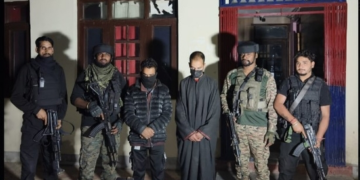


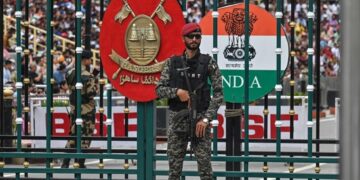
 India
India
